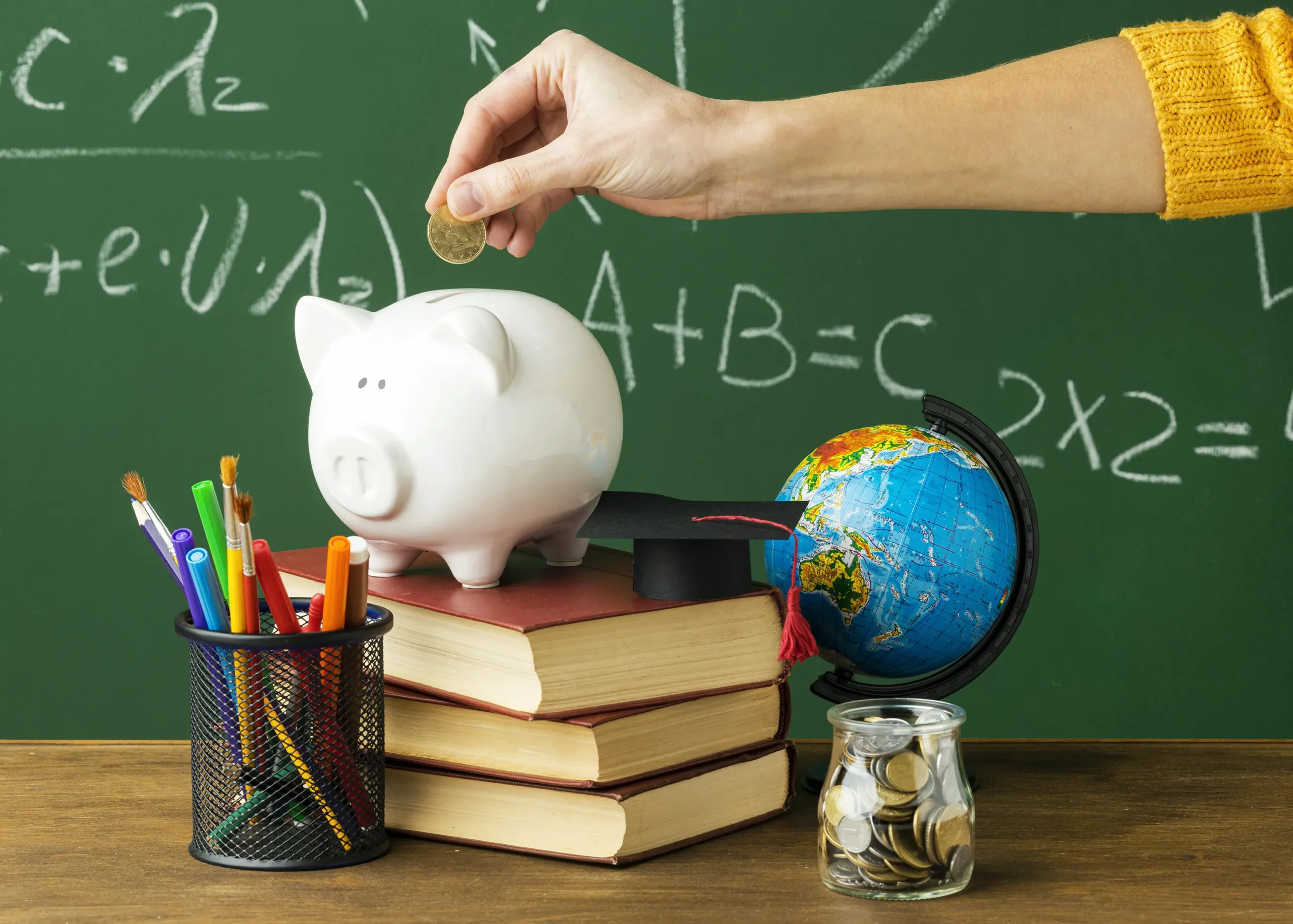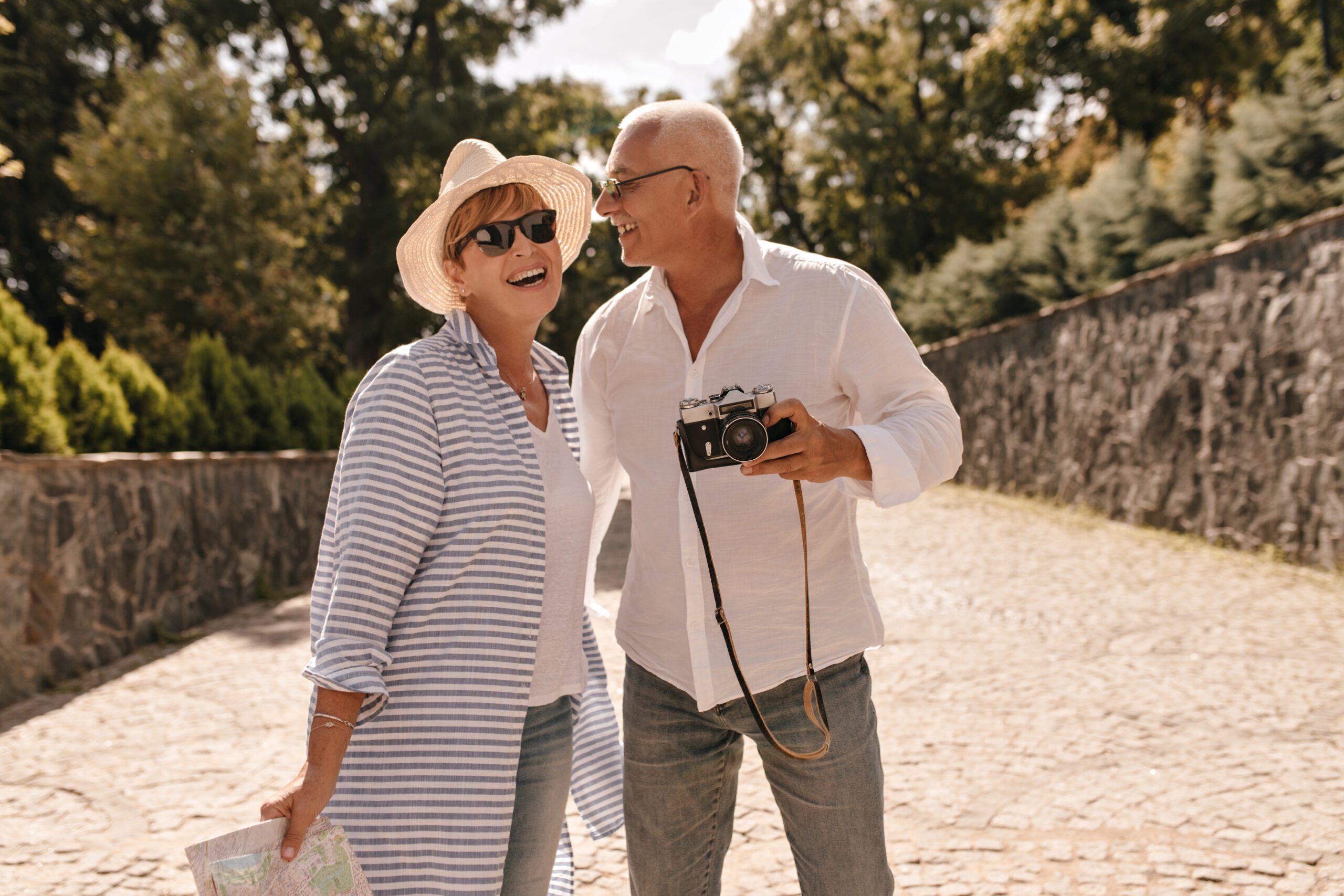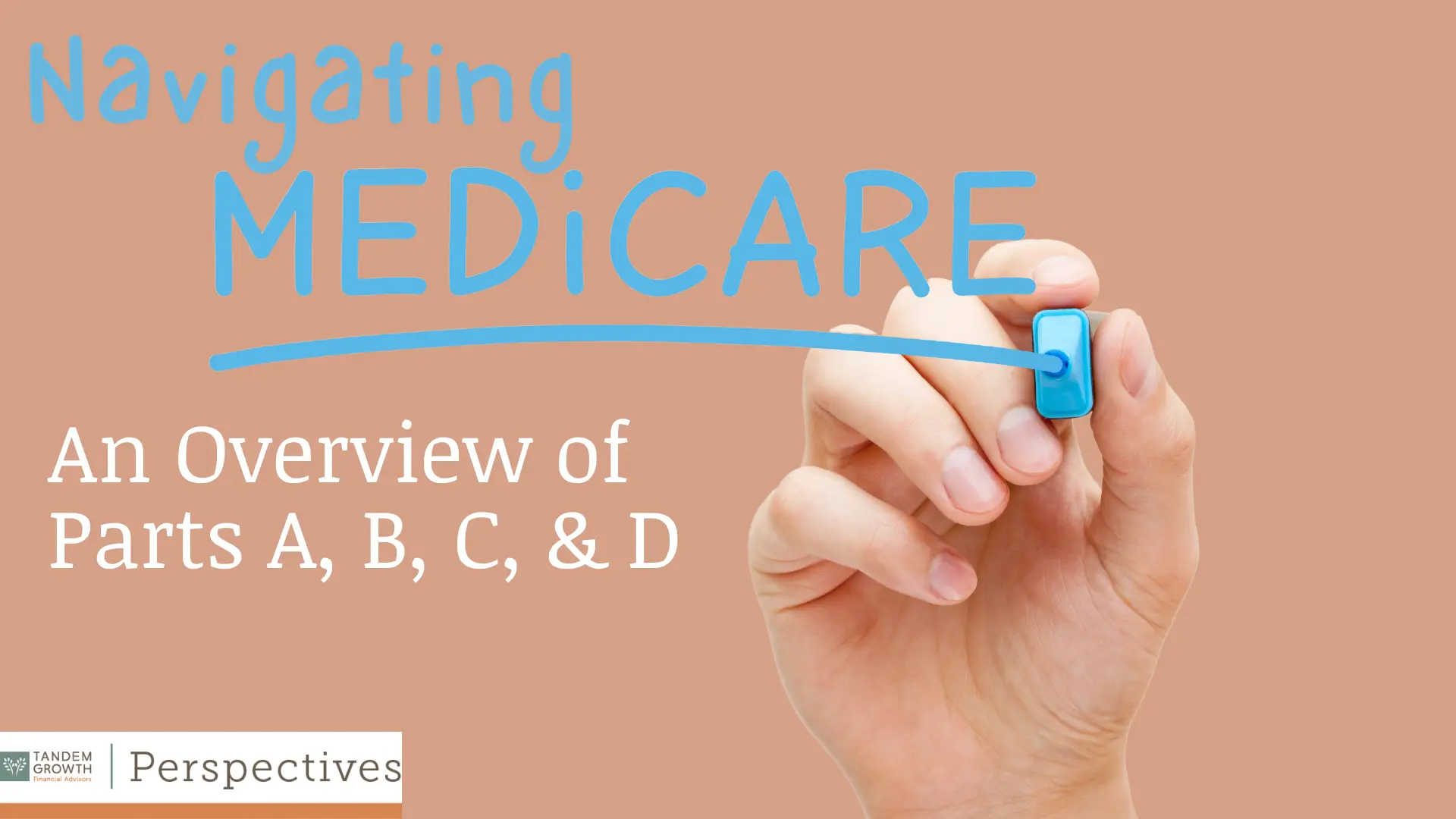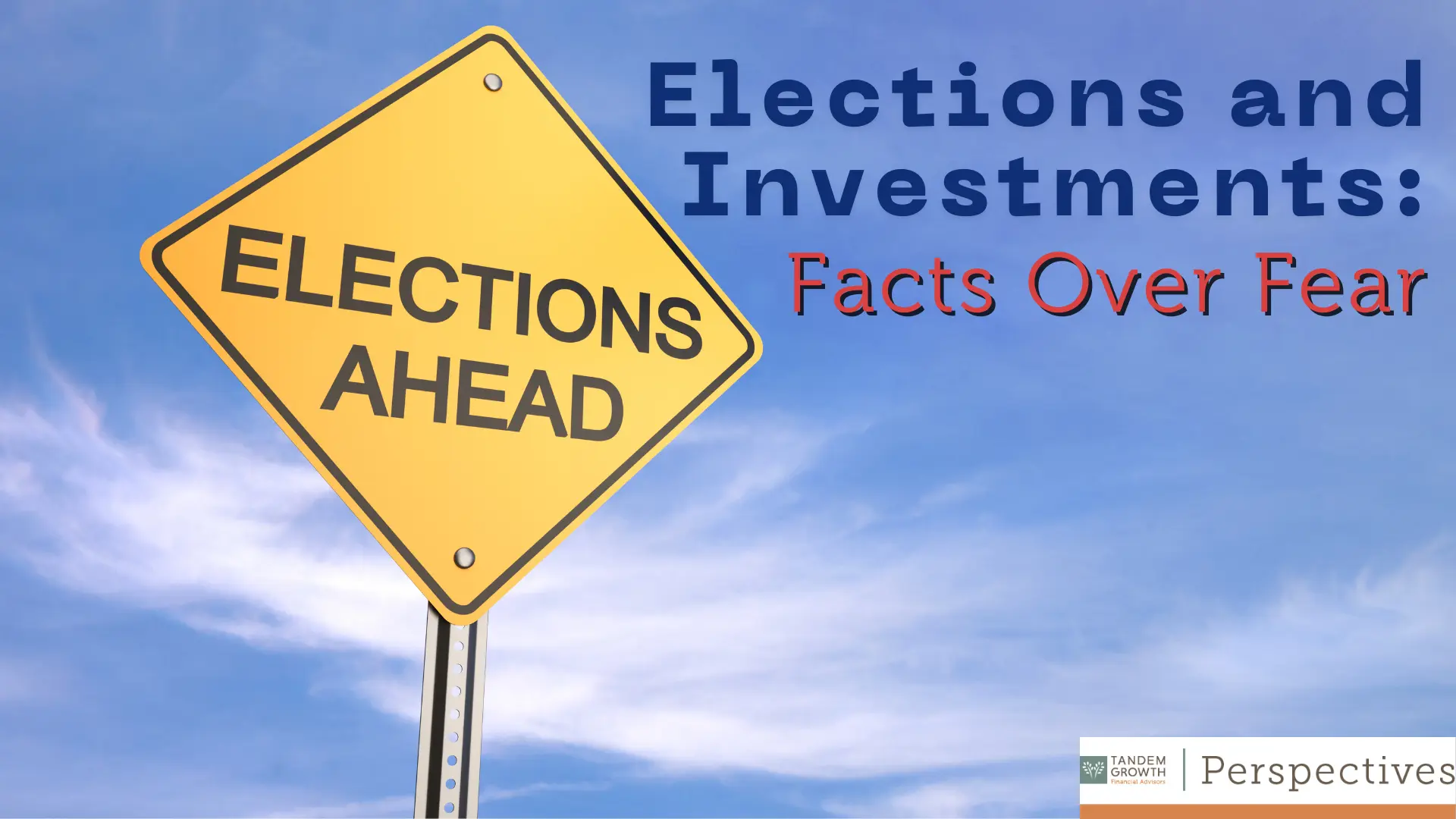PERSPECTIVES BLOG
TandemGrowth Perspectives – A Personal Finance Blog
The Five Star Wealth Manager Award program is administered by Five Star Professional, an unaffiliated market research company that provides ratings in the ordinary course of its business. The referenced award is for the year 2024, using information covering various time periods, including one and five-year data. TandemGrowth did not pay a fee, directly or indirectly, in connection with obtaining this award. However, TandemGrowth paid a nominal fee after its receipt of the award, and not as a condition for its receipt, in exchange for a license to use the related logo. The research methodology includes a nomination stage, a regulatory and consumer complaint review stage, and concludes with a collection of objective evaluation criteria, such as client retention rate, assets under management and professional designations. The full program summary is available by clicking “Current program” at Five Star Professional’s website here.
This website (“Website”) is a publication of TandemGrowth Financial Advisors, LLC which is a registered investment adviser with a primary business location in Alpharetta, GA.
Not all services will be appropriate or necessary for all clients, and the potential value and benefit of the adviser’s services will vary based upon the client’s individual investment, financial, and tax circumstances. Personalized or specialized services, levels of experience, and professional credentials or designations should not be construed as a guarantee of client satisfaction or any particular outcome. Comprehensive or holistic financial planning indicates that financial planning will be informed by the material financial and investment circumstances of the client, as communicated by the client to the adviser, but may not consider literally all aspects of a client’s financial affairs. Past performance does not guarantee future results. All investing comes with risk, including risk of loss.
© 2024 TandemGrowth Financial Advisors, LLC. | All Rights Reserved | Website by Evanced











